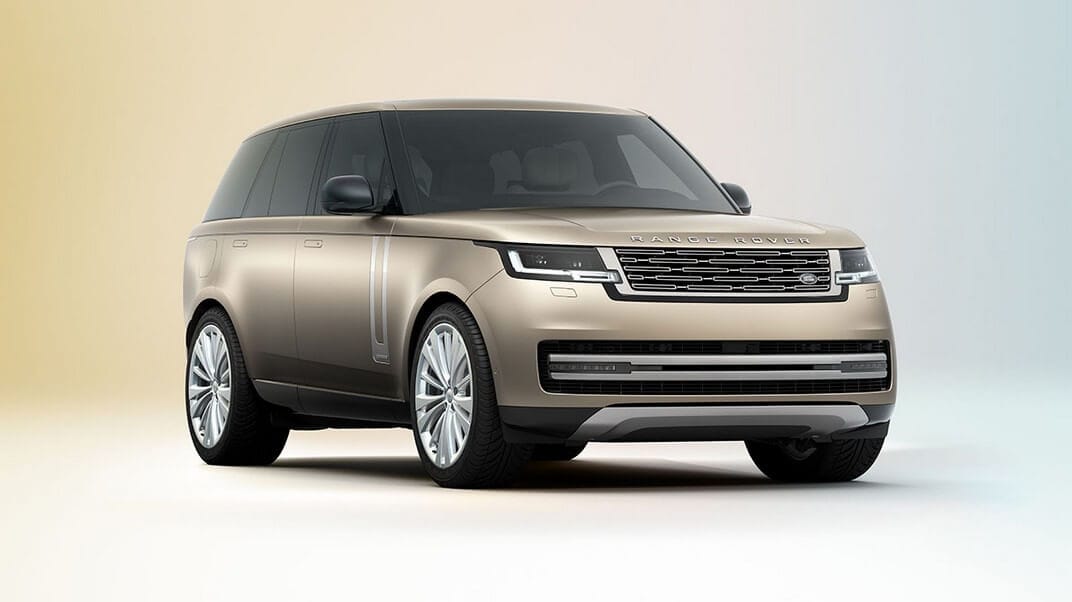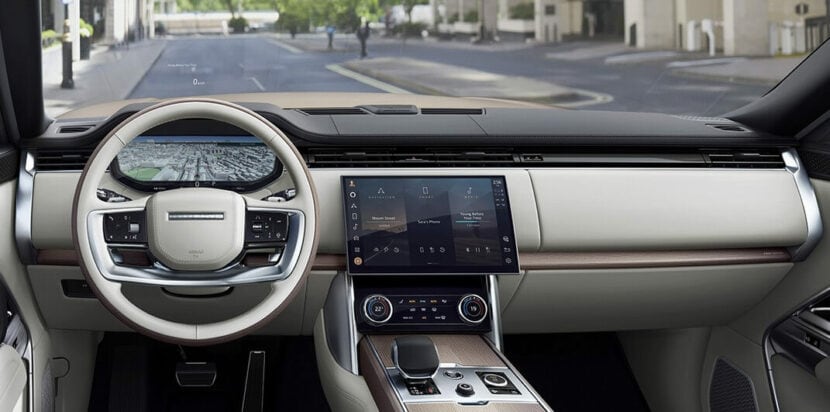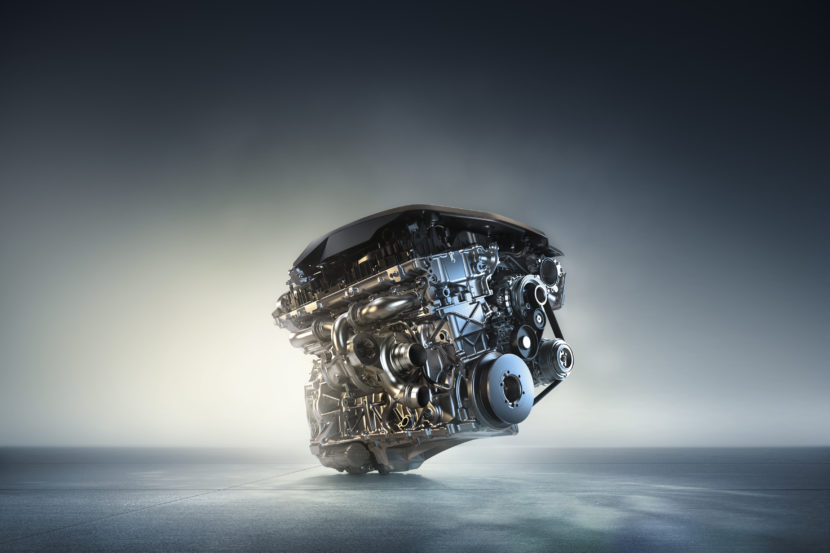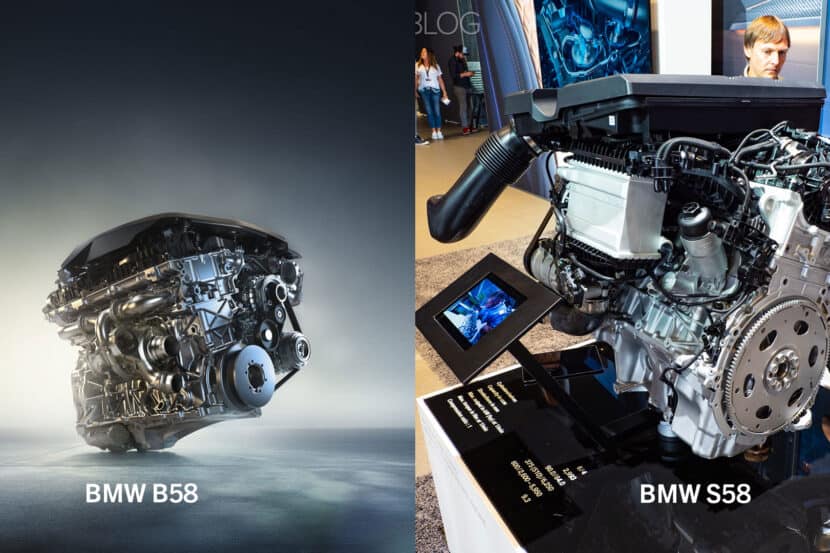Like many BMW enthusiasts, I was excited to hear the Bavarian brand partnering with Land Rover to supply V8 engines for higher-end models, specifically the top-dog Range Rover P530. Why would BMW enthusiasts be excited about such a partnership? Because Range Rovers are pretty universally loved and creating a connection between both brands is pretty cool.
As of right now, the only Range Rover product to use a BMW V8 engine is the aforementioned P530, which uses a slightly modified version of BMW’s “N63” 4.4 liter twin-turbocharged V8. For Range Rover duty, the V8 still makes 523 horsepower and 553 lb-ft of torque. However, it’s been modified just a bit to handle some of the utility a Range Rover requires.
It would have been perfectly reasonable for Range Rover fans and customers to be worried that stuffing a BMW V8 under the hood might cause some issues with its ruggedness. As glamorous as Ranges are on the inside, they’re tough, rugged SUVs underneath, capable of the sort of off-roading that would shame most Jeeps. Which is why Range Rover engines need to be a bit more durable. BMW engines typically don’t have to deal with the steep inclines and deep water wading that Range Rovers are capable of, so hesitancy about using such an engine in a Range Rover is understandable.
However, the BMW N63 was given a new, higher air intake, allowing the Range Rover P530 to wade in up to 35.4 inches of water. Additionally, it was given a new oil sump, to handle the steep angles and back-and-forth sloshing a Range might put it through, without starving the engine of oil.
What’s cool about this is now BMW customers might be more inclined to buy a Range Rover P530 over, say, an X7 because they can now get a more off-road capable vehicle while still having some BMW DNA. Additionally, Range Rover customers know that, despite having a BMW V8, the P530 can still handle everything a proper Range needs to handle.
[Source: Car and Driver]






































































